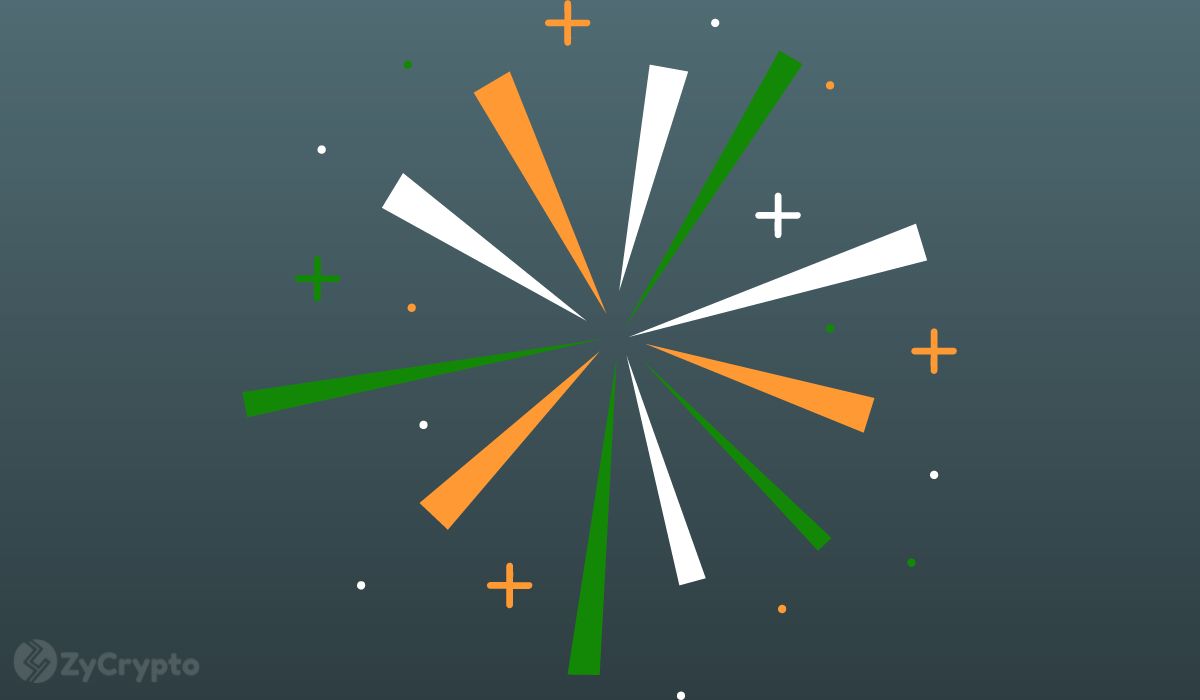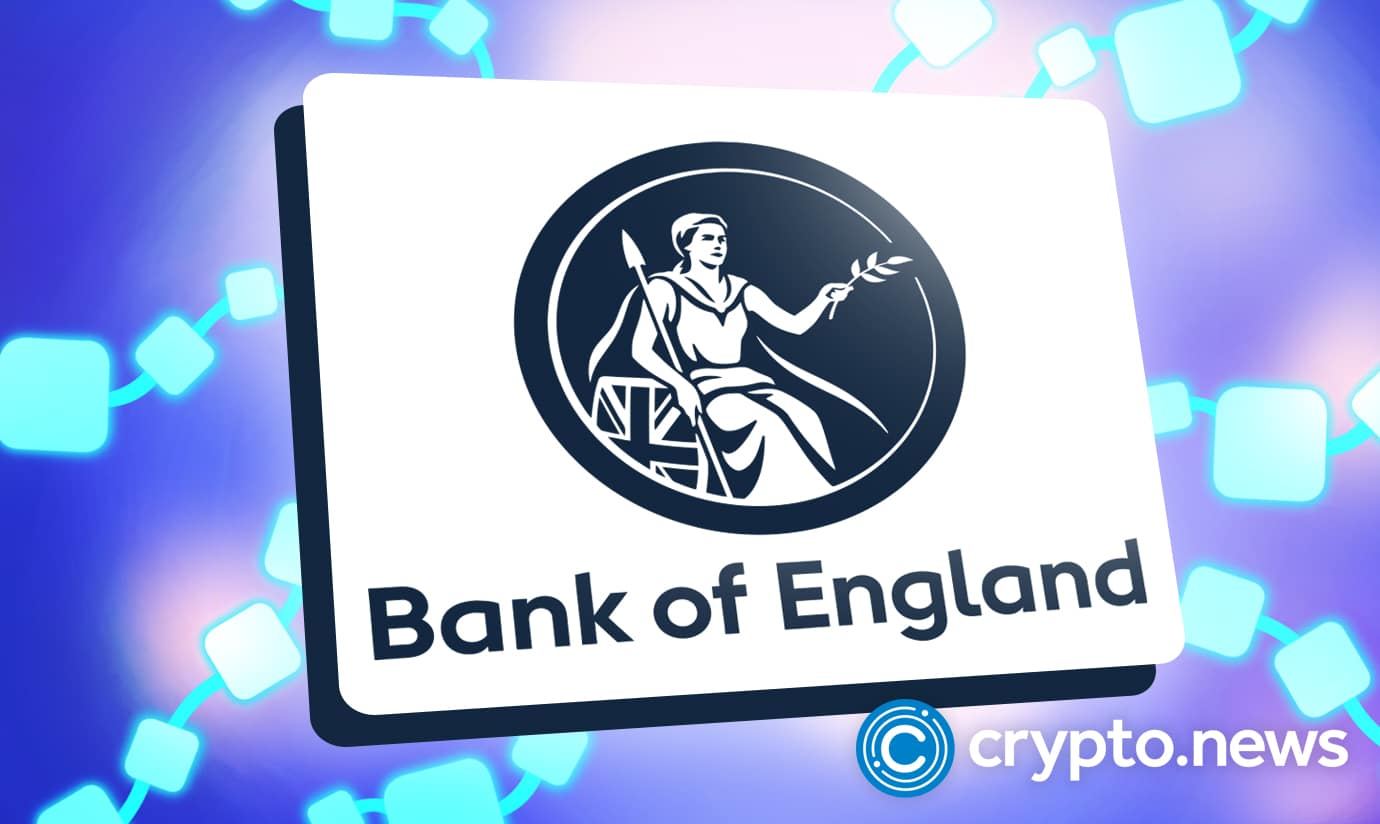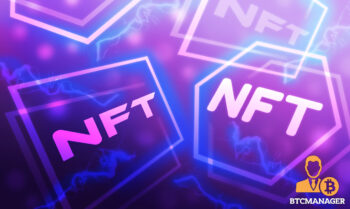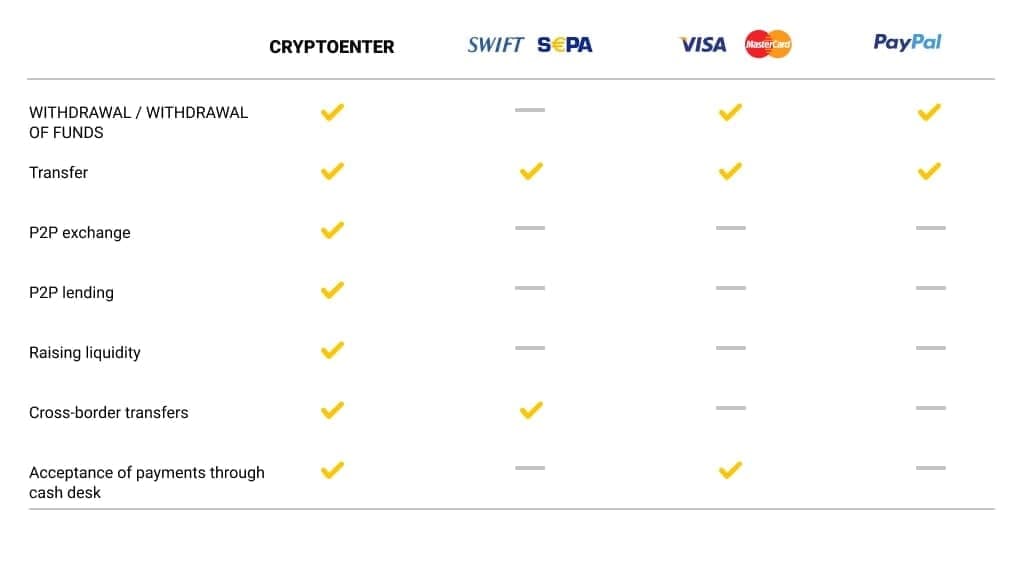
2018-8-6 20:18 |
We spend a lot of time discussing crypto markets and values, but the underlying blockchain technology is what truly makes cryptocurrency disruptive. This month, I’ll be explaining an overview of how blockchain technology is being adopted in different industries. Today we’ll be talking about blockchain in retail.
U.S. retail reached a record-setting $5.7 trillion of sales in 2017, according to the U.S. Census Bureau. And Boston Consulting Group reports retailers using technology and data to personalize experiences see 6-10 percent revenue increases. The industry has several components that both blockchain and cryptocurrency will completely disrupt.
The most obvious is in accepting cryptocurrency as a form of payment, but that’s only the tip of the iceberg. Retailers depend heavily on credit card companies like Visa, MasterCard, and American Express. They also utilize the SWIFT network for payment processing.
Then there’s inventory and shipping of products being sold in retail. Amazon’s fast delivery model made these issues even more vital to retailer success, and brick-and-mortar stores like Borders and Toys R Us that failed to adapt to Amazon’s ecommerce model became cautionary tales.
Let’s not forget about changing consumer tastes, especially in consumables like groceries, liquor, and cannabis. Even with clothing and jewelry, people want to know where their ingredients came from, whether it’s organic, fair trade, etc. And marketing, to get people in the door, is the lifeblood of any retail operation.
Blockchain technology has answers to retail’s most important operational and logistical challenges. Here’s how retailers are using blockchain and cryptocurrency to transform their businesses.
Crypto as CurrencyIt’s no secret that cryptocurrency’s pricing volatility stifles its mainstream adoption. In March, the crypto market lost $60 billion in one day, and in July, it gained $13 billion in a matter of hours. This volatility is fun for investors, but it makes businesses weary of accepting crypto as a form of payment.
Still, retailers like Overstock, Newegg, Microsoft, and Expedia accept at least one crypto as payment. Overstock reports it earns $120,000 a week in cryptocurrency revenue. KFC Canada even kicked off 2018 with The Bitcoin Bucket, a promotional bucket of chicken and waffle fries that quickly sold out and is still up on its website for marketing purposes.
Even retailers who don’t plan to accept cryptocurrency payments anytime soon may still find themselves doing so. Canada-based crypto exchange CoinField recently announced moonGO, which will be available to the public in the first quarter of 2019.
MoonGO includes an app and physical card that would let consumers use crypto to pay anywhere credit cards are accepted. Thailand-based Omise is working on similar functionality for its OmiseGO payment platform that would allow the use of its proprietary OMG token as payment on its merchant network that includes McDonalds Thailand and Alipay.
With over 2 billion unbanked people around the world, retailers that accept crypto open new revenue streams, while enabling consumers who previously couldn’t shop with them.
Blockchain-based Payment NetworksWhile we’re on the subject of Omise, the company eventually plans to replace the SWIFT network. This is the secure network used by point-of-sale systems to send and receive financial information when you use your debit or credit card for payments.
Approximately 24 million messages are sent through the SWIFT network every day, and members have to pay annual membership fees to use it.
On top of these fees, credit card processors charge retailers credit card processing fees up to 5 percent, along with transaction fees of $0.20 or more for every transaction they process. These fees are often hidden, and many processors will charge multiple fees for every transaction, especially for online retailers, since the physical card isn’t present during online transactions.
Because cryptocurrency transactions depend on the amount of data being processed rather than the actual transaction amount, fees can be much cheaper. This is why crypto payment processors like Coinbase, Coingate, and BitPay can offer much lower transaction rates of 1 percent (and all offer free transactions up to a certain threshold).
Cryptocurrencies also eliminate chargebacks, where the credit card company demands the business refund money in the event of customer disputes. This forces retailers and customers to work out their own grievances.
Blockchain in Retail Supply ChainsOne of the biggest concerns shoppers have is how much we can truly trust a product’s labeling. How do we know whether the cotton in our clothing is truly organic, that the battery in our iPhone wasn’t made by child labor, or that the honey in our bottle is actually honey?
With so many horror stories circulating around the internet, it’s no wonder people are worried.
Major retailers like Walmart and Kroger, along with brands like Unilever and Nestle, are turning to the blockchain to resolve these issues. Walmart partnered with IBM to use the Hyperledger Fabric blockchain to track its goods with distributed ledger technology.
At the moment, it’s only being used in backend operations, but it’s only a matter of time before you can scan a product UPC or QR codes to trace their origins back to the original farms and factories producing them. Not only will this bring security and transparency to the shopping experience, but it’ll make recalls much easier.
Just last month, a parasite called cyclosporin contaminated salads and wraps at McDonalds, Trader Joe’s Walgreens, and Kroger. A mass recall was issued, and these companies were forced to destroy possibly uncontaminated products to be safe. Had blockchain technology been implemented, data would have been available to pinpoint every contaminated item to control costs and cut losses.
Cryptocurrency and blockchain technology are disrupting the retail sector on every end, and we’ll soon see it permeating the entire industry. From payments to products, those adopting this technology now are getting ahead in the technological arms race. Those that resist could find themselves becoming the next Blockbuster Video.
The author is not currently invested in any cryptocurrency mentioned here.
The post How Blockchain Technology Is Disrupting Retail appeared first on Crypto Briefing.
origin »Advanced Technology Coin (ARC) на Currencies.ru
|
|






















